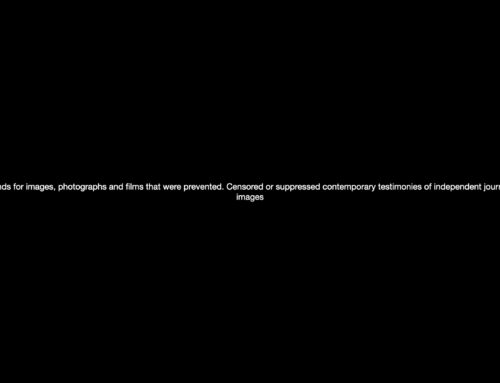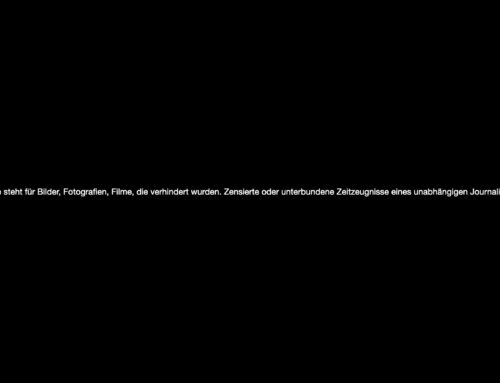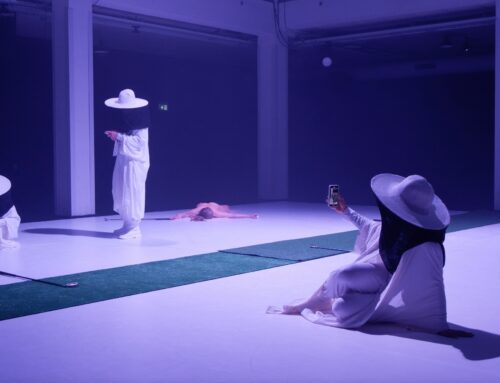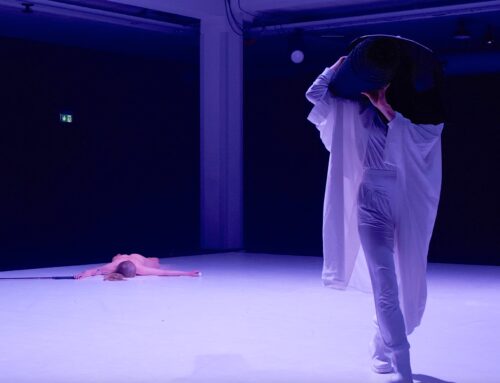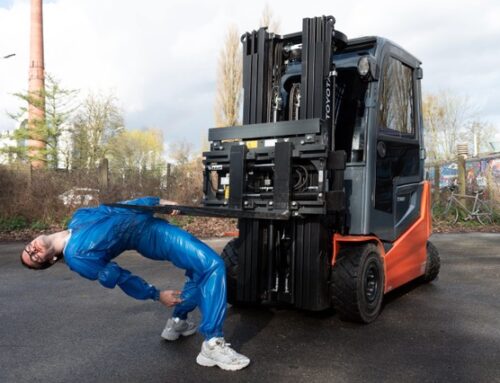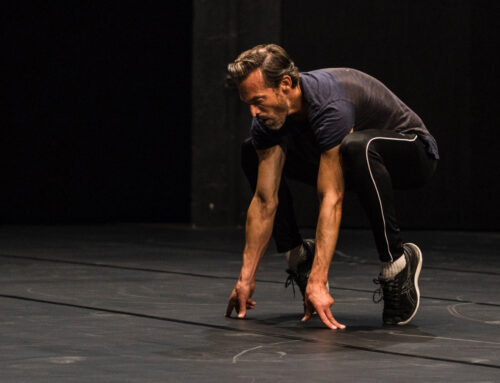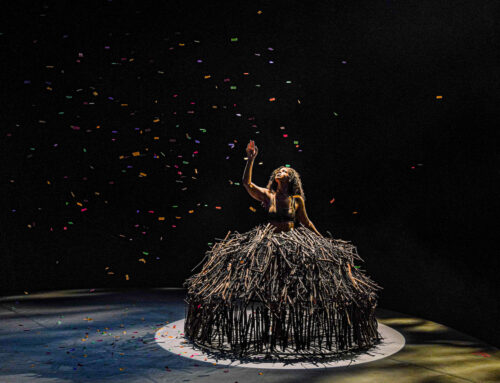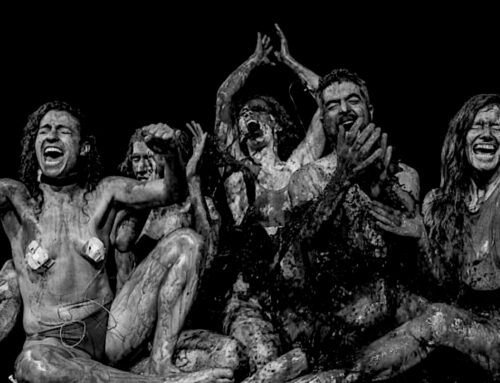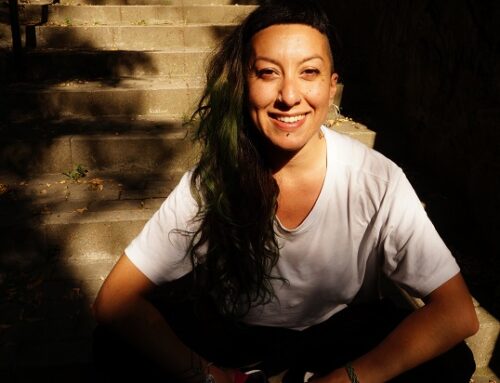schrit_tmacherjustDANCE! Festival in Heerlen
One shall bear the other one’s burden
With mixed feelings: Rick Takvorian, artistic director of schrit_tmacher justDANCE! Festival, is welcoming the audience in Heerlen in his usual whimsical manner. But at the end, after a 75-minute attempt to translate the feeling of loss into performance, there is a cultural-political appeal. And it is coming from the very country that is home to one of this year’s cultural capitals. This is bitter.
By Rico Stehfest
translated by Karoline Strys
Also in the 28th year of the festival, Rick Takvorian never misses out on the chance of personally greeting his audience. If he gets the chance. But that does not always work out. So he couldn’t be there for the opening last week. He not only apologized sincerely for this last night at Theater Heerlen but also emphasized in his usual charming manner that he at least hoped that the audience would have noticed his absence. Since it is never concerning him personally, he emphasized the diverse and multicultural approach of the Siamese Cie, whose choreographies by Rosalba Torres Guerrero and Koen Augustijnen often move along the tradition of folklore. In doing so, Takvorian says, they repeatedly dug deep into the ground to find nothing less than humanity there.
With their work „Lamenta“ they dedicate themselves to the Greek tradition of Miroloi, songs for the dead or laments usually sung by women. Starting from an acoustic set under the direction of Xanthoula Dakovanou, eight performers investigate the possibilities of a spatial-physical translation of such an act of lamentation. The audience encounters an interplay between the aforementioned folkloristic approaches, yet without copying them, and the demands of artistic dance.
Right at the beginning, when the performers sporadically move with their silhouettes silently across the stage in the dull fog light without mutual reference, while enigmatic rattling murmurs cause these figures to sway slightly, one may as well feel reminded of Hofesh Shechter’s pictorial and formal language. One may consider it as a coincidence, however, that very company had been on the same stage a year ago. And indeed, after only a few moments this comparison dissolves.

Koen-Augustijnen-Rosalba-Torres-Guerrero-–-Siamese-Cie-BE-Lamenta©TANZweb.org_Klaus-Dilger
With powerful body percussion and within a few moments a relaxed togetherness evolves despite all the inner pressure, moments of synchronicity that present the social function of lament as a reaction to loss: it is a coming together, a being together, a mutual reassurance of being part of a greater entity. This transcendental aspect lights up again and again in the course of „Lamenta.“ But what exactly is it that it takes to create this kind of spiritual union?
Again and again the individual becomes visible, perceived by the others, often also supported, an image that is probably particularly close to the association field of mourning and loss. Thus the community creates space for individual pain, yet specifically for its expression. If someone goes into apparently boundless frenzy, no one sets an end to it. Or if it was a song that someone sings all alone. Either the others listen or they join. Both are possible, both are lived.
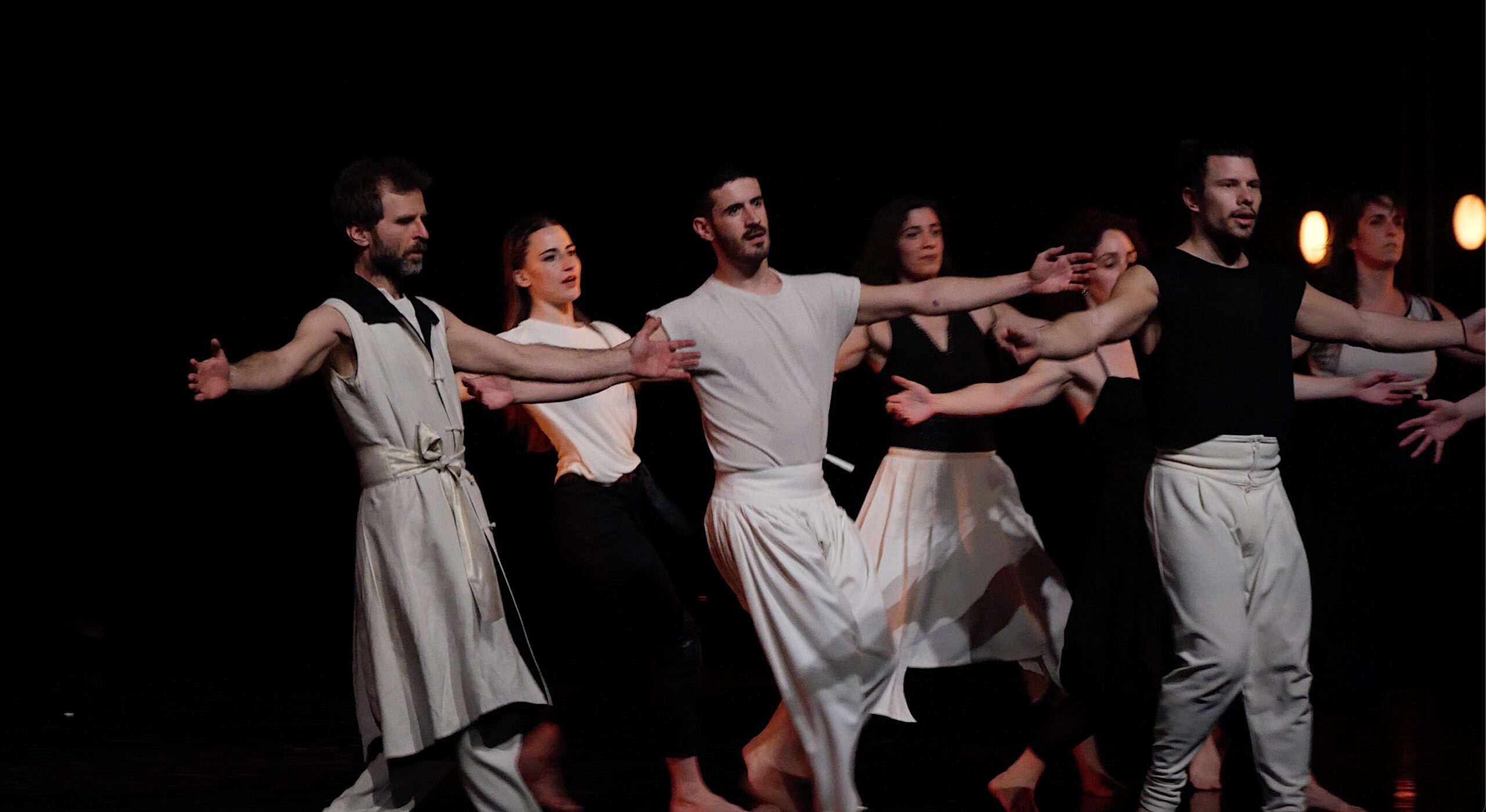
Koen-Augustijnen-Rosalba-Torres-Guerrero-–-Siamese-Cie-BE-Lamenta©TANZweb.org_Klaus-Dilger
Particularly due to a precisely non-artifactualized movement vocabulary, many moments seem downright natural, so that the question may always arise at which points exactly actual traditions of Greek lament culture have been incorporated. This question also arises with regard to the music. Almost cliché-like „Greek“ links directly to surprising alienation effects, both acoustically and in dance. At respective points, traditional and contemporary forms of expression merge with each other quite naturally. In the solos comes to life of what happens in the now and what challenges need to be processed still.
The audience in Heerlen was not stingy with standing ovations but received a drop of bitterness in their enthusiasm only a few minutes later, when the performers unveiled a banner on stage calling for solidarity with Greek artists. Of course, they explained the meaning behind it: Virtually ignored by the media, as one of the performers explained, large sections of the creative community in Greece have already been on strike since December last year. The background is the Presidential Decree 85, which established on December 17, 2022 that graduates of theater schools as well as dance and film schools are considered as employees and have a qualification at secondary school level. Diplomas are thus no longer valid. All artists are now, so to speak, high school graduates only. Labor rights, salaries, pension rights: out the window they go. The government is now in charge. No complaint can be loud enough. And in the process, the cast for „Lamenta“ has shrunk from the original nine to eight, at least for the performance in Heerlen. What a loss.
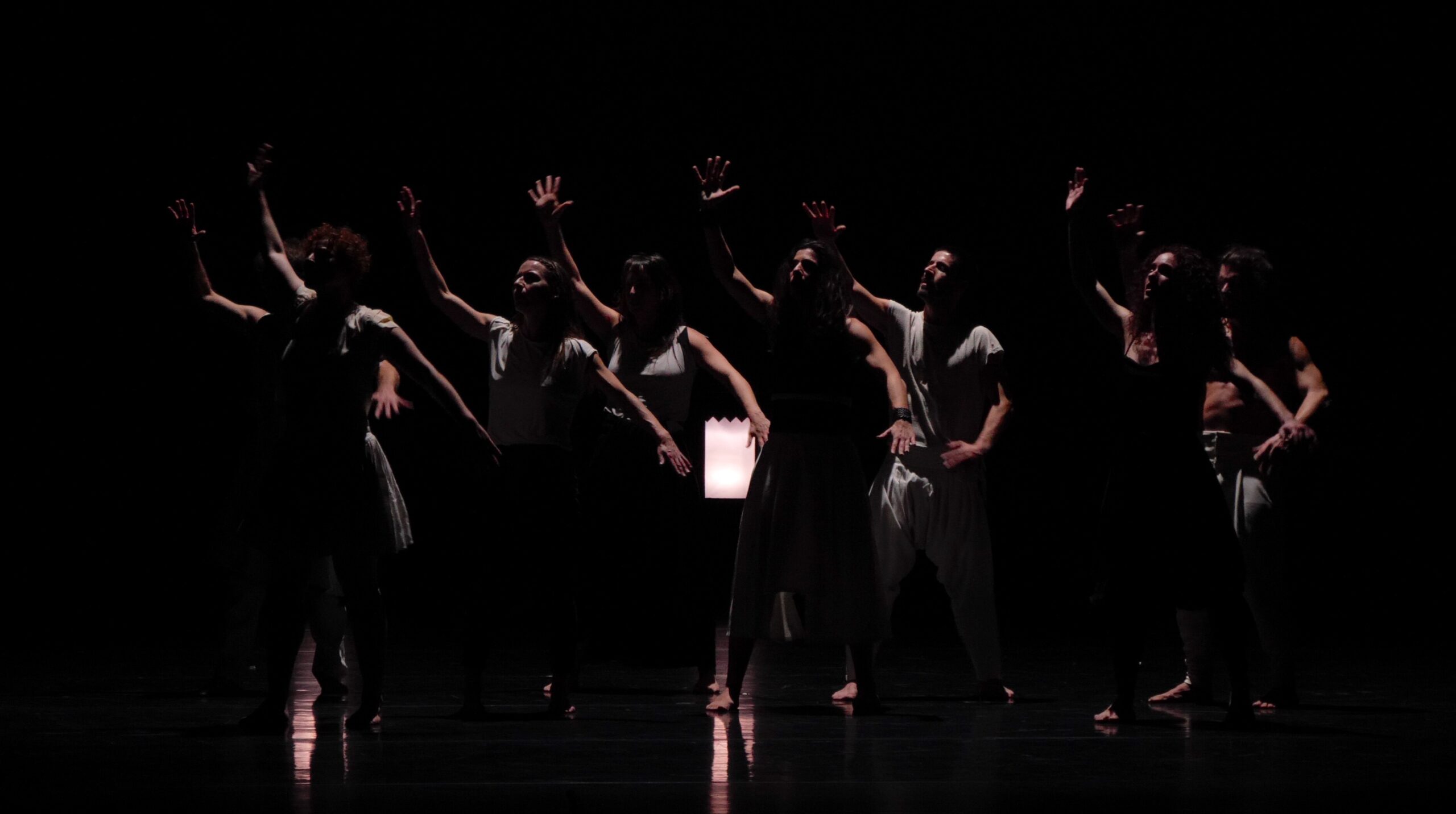
Koen-Augustijnen-Rosalba-Torres-Guerrero-–-Siamese-Cie-BE-Lamenta©TANZweb.org_Klaus-Dilger

